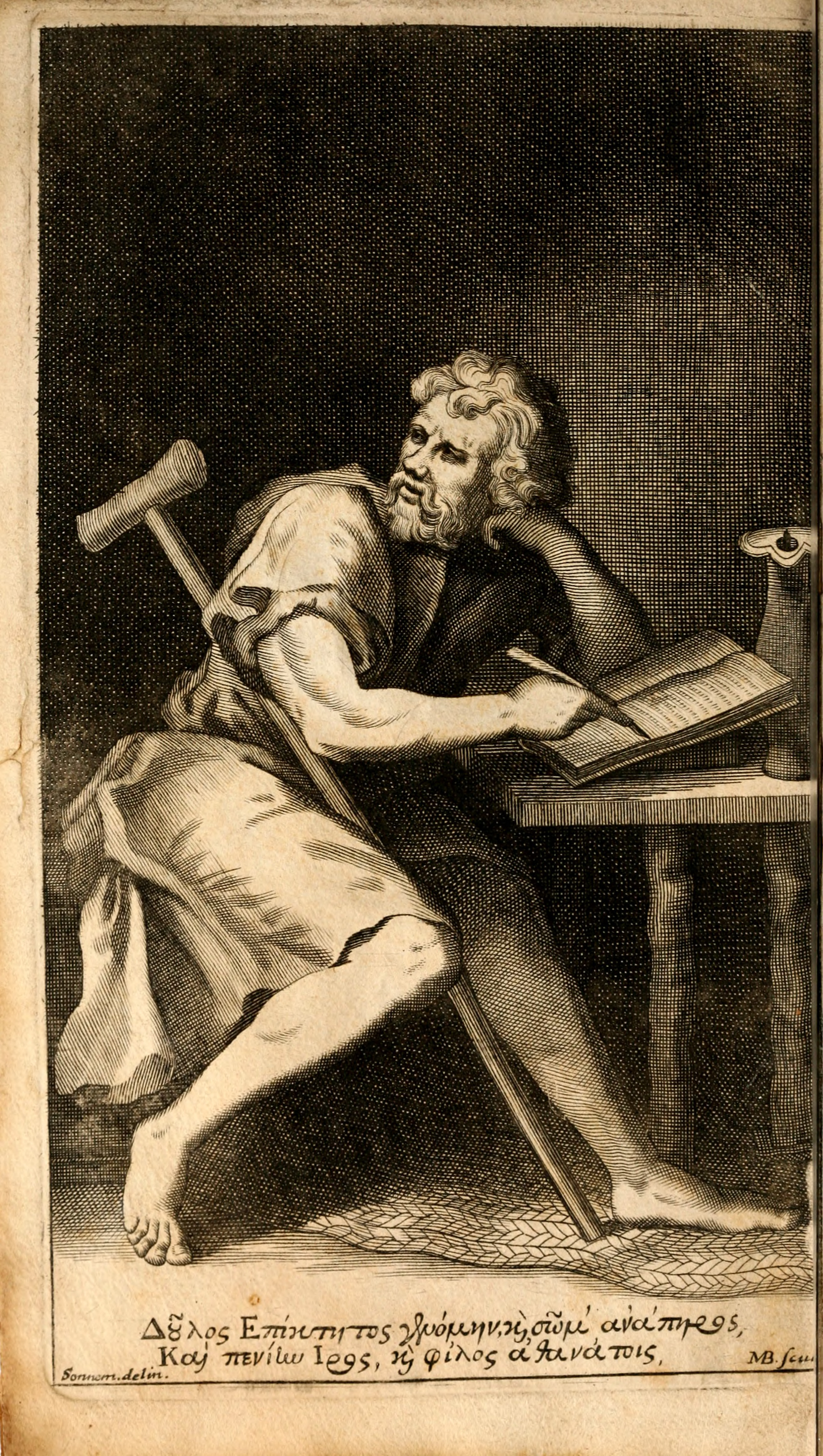On a quiet day that should have ended with a keynote at the U.S. Naval Academy, Ryan Holiday was grounded.
Twenty minutes before he was set to speak, his lecture on censorship, controversial ideas, and the path to wisdom was abruptly canceled.
この投稿をInstagramで見る
The reason?
The very topic he planned to address: the banning of books and the suppression of critical thought.
More detail on removing books on diversity here:
US Naval Academy removes 400 books from library in anti-diversity purge
So, what did Ryan Holiday instead?
Rather than retreating, Holiday turned the obstacle into the way.
He gave the talk anyway—online, unfiltered, unbending.
And in doing so, he offered something even more powerful than a keynote: a manifesto for those who still believe that education is not about comfort, but challenge.
The Best Man in the Hall: Redefining Greatness
Holiday opens with the story of a young James Stockdale, sworn into the Naval Academy in 1943.

His father’s parting advice—”Be the best man in that hall”—was not about being top of the class, nor about accolades.
It was about virtue. Stoic virtue: courage, justice, wisdom, and discipline.
Stockdale didn’t rank highest. He didn’t need to.
What mattered wasn’t being at the top—but living by the highest standard.
It echoes an old Spartan story, where two wrestlers finish a brutal match.
The loser reaches up and says, “The better man won.”
The victor corrects him: “No—the better wrestler.”
It’s a story about humility and focus—not on glory, but on excellence.
Stockdale understood that greatness wasn’t about titles. It was about inner strength.
Wisdom Is Work
After graduating and spending nearly two decades in the Navy, Stockdale was sent to Stanford.
But he found the experience dry—until he met Professor Philip Rhinelander, who handed him a small book that changed his life: Epictetus’s Enchiridion.

(https://en.wikipedia.org/wiki/Epictetus)
Wisdom, Stockdale realized, isn’t given. It’s earned.
It’s not in a seminar or a slide deck. It’s in hardship. In reading and rereading. In seeking guidance, failing, adjusting, and persisting.
Holiday reminds us: no one is wise by chance.
The Power of Mentors, and the Curse of Ego
Marcus Aurelius once said he was going to see Sextus the Philosopher, “to learn that which I do not yet know.”
This was not a young man, but the emperor of Rome—arguably the most powerful person on earth at the time.
The humility embedded in that act speaks volumes: no rank excuses one from learning.
He remained a student to the end, reminding us that philosophy is not about status, but about growth.
Marcus Aurelius had Rusticus. Stockdale had Rhinelander.
These mentors didn’t coddle—they challenged. They opened doors.
But you have to walk through. As Holiday puts it, “Ego is the enemy of learning.”
Nero had Seneca, too—and we all know how that ended.
Learning is painful.
Real mentorship is a hospital for the soul, said Epictetus.
You don’t leave smiling. You leave better.
Reading as Rebellion
Through vivid stories—from General Patton’s childhood dyslexia to Harry Truman’s hunger for books—Holiday paints reading not as a hobby, but as a superpower.
When we read, we talk to the dead.
We access civilizations.
We train our minds for moments that haven’t yet arrived.
General Mattis said: “If you haven’t read hundreds of books, you are functionally illiterate.”
And as Holiday warns, if you’re only reading to confirm what you already believe, you’re not reading.
You’re napping with your eyes open.
Read Like a Spy
The banned books at the Naval Academy weren’t dangerous.
They were literary. Scholarly. Thoughtful. And yet, they were stripped away.
Stockdale once took a course on Marxism—not to confirm his beliefs, but to understand his adversaries.
Later, as a POW in the Hanoi Hilton, that understanding allowed him to push back against propaganda with clarity, logic, and unnerving calm.
This is Holiday’s call: read dangerously.
Read critically.
Read outside your tribe.
“You can’t beat what you don’t understand.”
If Wisdom Is a Withdrawal, Start Making Deposits
When Stockdale ejected over North Vietnam, he didn’t panic.
He said to himself, “I am leaving the world of technology and entering the world of Epictetus.”
He had made the deposits.
Now, in one of the most brutal prison systems imaginable, he would draw upon them.
He rewrote the rules of resistance. Created a prison civilization. Led with principle when structure failed.
This is what philosophy is for.
Not cocktail party wisdom. Not self-help fluff. But the kind of moral armor that allows you to say no—to power, to pressure, to injustice.
The Final Stand: Why Holiday Refused to Stay Silent
Holiday’s decision to walk away from the Naval Academy podium wasn’t a tantrum.
It was a Stoic act.
Having given lectures on courage, discipline, and wisdom, he could not ignore that books were being pulled from a library a few hundred yards away.
“I couldn’t talk about wisdom,” he said, “without addressing that.”
This isn’t just about banned books.
It’s about banned thinking.
About leadership in complex times.
About becoming the kind of person who doesn’t ride blindly into the valley of death, but who stops the charge before the blunder becomes blood.
The Lesson for Us
Whether you’re in uniform or in civilian clothes, whether you lead teams or live quietly, whether you’re 20 or 70: wisdom is still your job.
Holiday’s parting words echo Stockdale’s: “You don’t rise to the occasion. You fall back on your training.”
So what are you training for?
Because when the moment comes—and it will—it will be too late to begin.
Now is the time.
Start reading.
Stay dangerous.
Subscribe for more essays on Stoicism, leadership, and the books that will make you dangerous.■
P. S. For the list of books banned. Check here.